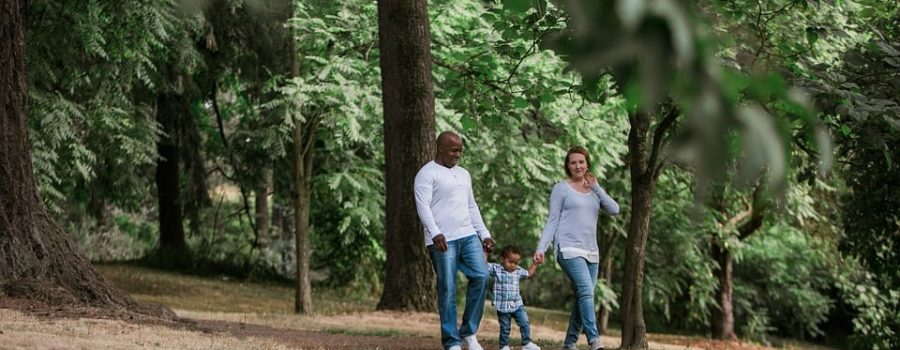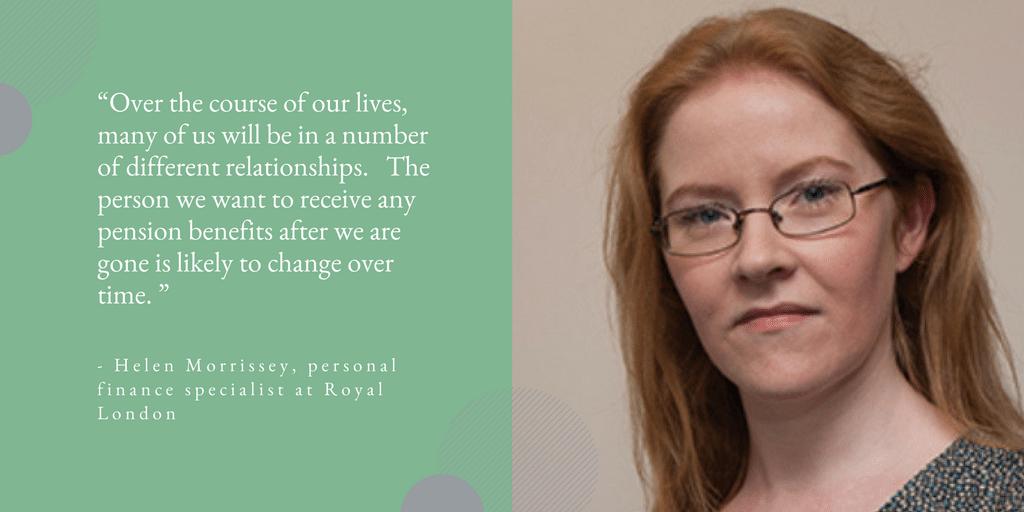When you’re saving for retirement, thinking about who might get your pension when you die is probably not at the front of your mind.
Pensions are primarily for providing the money you need in later life, with the attractive tax reliefs available on contributions and investment returns a reward for making your own provision for retirement.
But pensions can also offer some very tax efficient death benefits.
If you die before using up all of your pension pot, you can pass on the balance of the fund to a partner, child or anyone else you choose.
Pension schemes often make provision for a spouse or civil partner in the event of your death too.
But when you don’t make an active choice at who gets your pension pot or scheme income when you die, it can end up being paid to the wrong person.
According to research by Royal London, more than 750,000 people approaching retirement age risk passing their pension to the wrong person when they die.
This problem arises where people are divorced but previously told their pension scheme they wanted any payments after their death to be paid to their first spouse.
Even if they have remarried or formed a new partnership, the original instruction to the pension scheme or provider remains valid; it’s not automatically revoked when they get divorced.
It means that unless the instructions to the scheme are updated, there is a risk that any benefit for widows/widowers etc. will go to the ex-partner.
When joining a pension scheme members are asked to fill out an “expression of wishes” form which outlines who should receive any death benefits.
Trustees and pension providers will consult these forms when deciding how to allocate pension death benefits alongside consulting wills and speaking to family members.
However, these forms are often not updated to reflect people’s changing personal circumstances such as divorce or remarriage meaning that an ex-partner could be in line to receive pension death benefits.
The average person is expected to have 11 different jobs during their working life and could easily have as many different pension arrangements.
While scheme trustees and providers will make efforts to consult the deceased’s will, speak to colleagues, family etc., in cases where the deceased has not worked for that company for many years it can be difficult to find these people.
That could mean the pension goes to an ex-partner when the deceased could well have been living with, and had a family with, someone else.
Data from the Office of National Statistics for 2016 shows that:
-At least 1.3 million people aged between 55 and 64 have divorced and remarried
-A further 0.3 million people in this age group are cohabiting after having been previously married.
-A further 0.2 million people in this age group are cohabiting having never been previously married.
Based on the Wealth and Assets Survey, Royal London estimate that around 42% of this age group have pension rights, suggesting that over 750,000 could be affected.
Helen Morrissey, personal finance specialist at Royal London said:
Over the course of our lives, many of us will be in a number of different relationships. The person we want to receive any pension benefits after we are gone is likely to change over time.
But if we have not told all of our past pension schemes about our new wishes and our new circumstances, there is a risk that the wrong person will stand to gain.
It is important that people make sure that all of this information is kept up to date.
An important part of our annual review agenda we work through with each client is to check nominations and expression of wishes instructions are up to date.
People put so much effort into making the right level of contribution to their pensions and investing the money appropriately, but place relatively little attention on the paperwork that will make sure the money goes to the right person when they die.
Do you know what the instructions to your various pension schemes and providers say at the moment?


